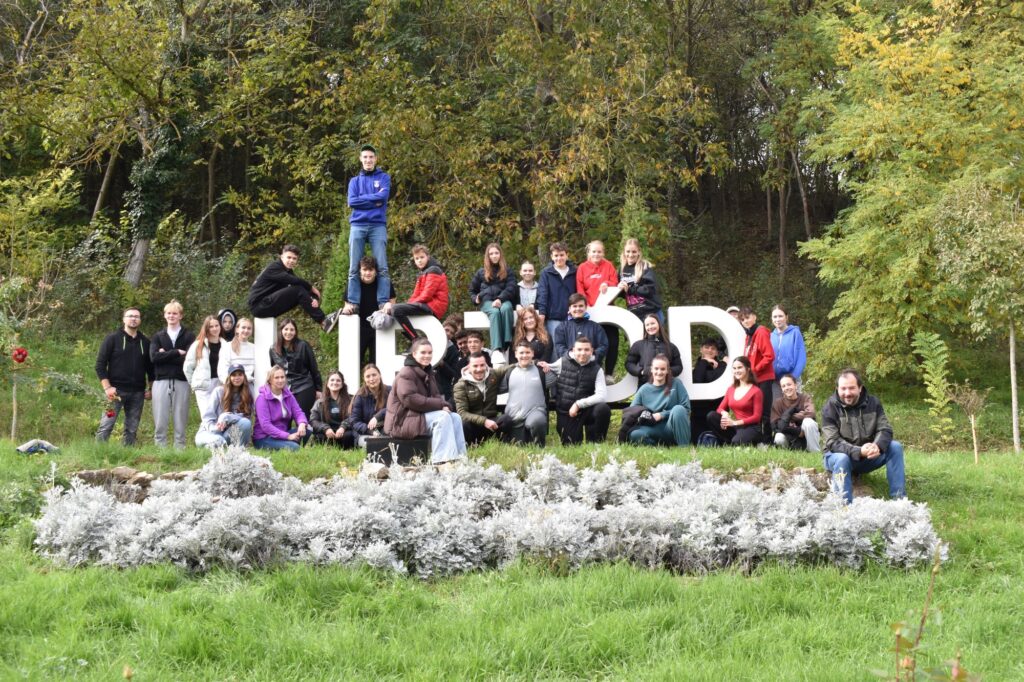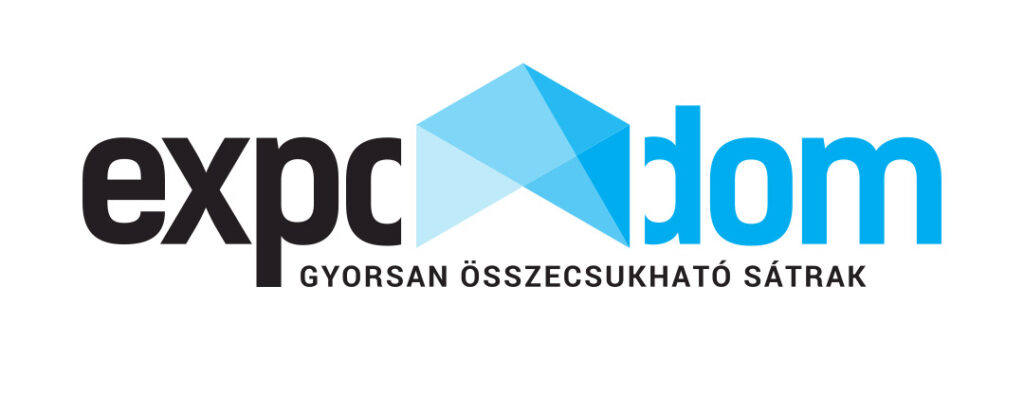Októberi ifjúsági cserénkről első élménybeszámoló Lettországból érkezik, melyet Marta írt! Fogadjátok sok szeretettel!
In mid-October, four young people from Saldus region participated in a seven-day exchange program in Hungary, which was funded and organized under the Erasmus+ program. This experience was not only a great opportunity to get to know other cultures and traditions, but also promoted cooperation, communication and understanding among young people from different European countries. The aim of the project was to promote mobility in the field of non-formal education and to highlight common values among young people in Europe, while recognising and appreciating the importance of different cultures and experiences. During the exchange, young people learned not only about common European values, but also how to successfully collaborate and work together despite different differences.
Participation from different countries and introductory activities
The project involved young people from seven countries Latvia, Lithuania, Croatia, the Czech Republic, Slovakia, Spain and Hungary. The first day was devoted to bond and do team building activities, which helped each participant to get to know each other better and overcome the initial insecurity, as the participants did not know each other at first. Every day, representatives of a country organized special games related to their culture. Some activities were based on popular traditional games, while others were creatively conceived using available resources. It was interesting to discover that there were similarities in many games, although they were played according to different rules in each country. These types of tasks showed that despite our cultural differences, we often find a common language and can participate in activities together.

Balance between digital and physical activities
During the project, great attention was also paid to finding a balance between the digital environment and an active lifestyle. This balance is very important for the growth of today’s young people, so physical games and relays were chosen for a large part of the activities, which contributed not only to physical, but also to emotional and social development. Such activities also contributed to healthier lifestyles and helped young people develop life skills.
Getting to know culture and exchanging national traditions
Latvian youth especially liked the tasks that allowed them to get to know the culturesof other countries. For example, each group presented what they would do in different situations – for example, if they won the lottery or faced a bad weather. These tasks allowed to get to know each country’s emotional temperament and reactions to everyday situations. In addition, the young people went on a hike and discussed topics such as hobbies, holiday traditions and cultural characteristics. Participants of each country presented traditional dishes and dances of their country, which allowed everyone to get acquainted with the world of special flavors and dance movements of other countries. Such moments created a special sense of community and friendship.
Personal development and new discoveries
For Latvian youth, this exchange was a great opportunity to develop skills that are often not emphasized enough in the everyday learning environment. For some guests, this was also their first flight on an airplane, which was a significant and exciting experience. According to one of the participants, Dāvis Mamis: “This was a crazy and exciting adventure – spending a week in another country, learning new skills and learning to present his native place. It was an opportunity to connect, listen to others and make new acquaintances. Would definitely go again and recommend it to others!” He emphasized that the Erasmus+ program is full of creativity and offers opportunities for young people to develop their leadership talents and broader horizons.
Benefits of non-formal education
Within the framework of non-formal education, young people gained valuable experience and skills that will also be useful for them in the future. During physical activity, they improved their health by strengthening their muscles, improving coordination and endurance. These activities also contributed to the development of social skills – games and relays encouraged collaboration, sharing ideas, listening to others and working in a team. Young people learned to trust their teammates and build a team spirit that will continue to be valuable skills in the future.
Emotional intelligence was also developed during the project – in real-life situations, emotions are often felt more strongly than in the digital environment. For example, in games that required both patience and dedication, they learned to manage their emotions and build self- confidence. This allowed young people to learn how to deal with wins and losses and overcome challenges.

Development of creativity, self-confidence and imagination
During the project, the importance of creativity and imagination was alsoemphasized, which was facilitated by the opportunity to participate in various games and activities. Some games allowed young people to come up with new rules and scenarios that strengthened their creative thinking and ability to operate outside of normal situations. Participation in these activities also fostered self-confidence – often challenging and requiring the courage to step out of the comfortzone. This experience allowed young people to understand the importance of maintaining purposefulness and overcoming difficulties that are essential for character development.
Youthpass Certification Meaning
After the project, all participants will receive a Youthpass certificate – a document recognized by the European Union that certifies the participation of young people in non-formal education programs. It can be important not only for personal development, but also for professional development, as it proves their acquired skills and international experience.

Closing
The Erasmus+ youth exchange programme for young people from Latvia was a valuable experience that promoted their growth, openness and ability to cooperate with representatives of different cultures. The project not only enriched their horizons and gave them valuable life skills, but also taught them the importance of openness and cooperation among European youth to build a stronger and more united future together.
Marta Remesa”



